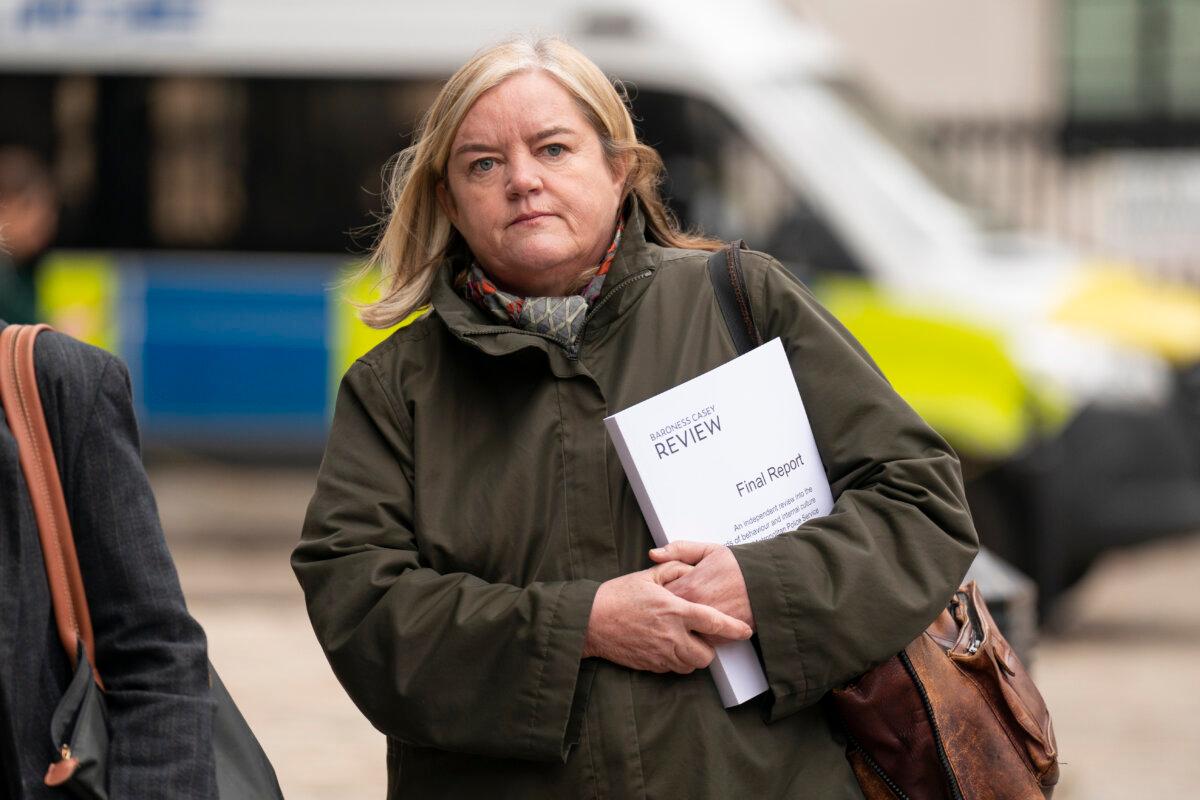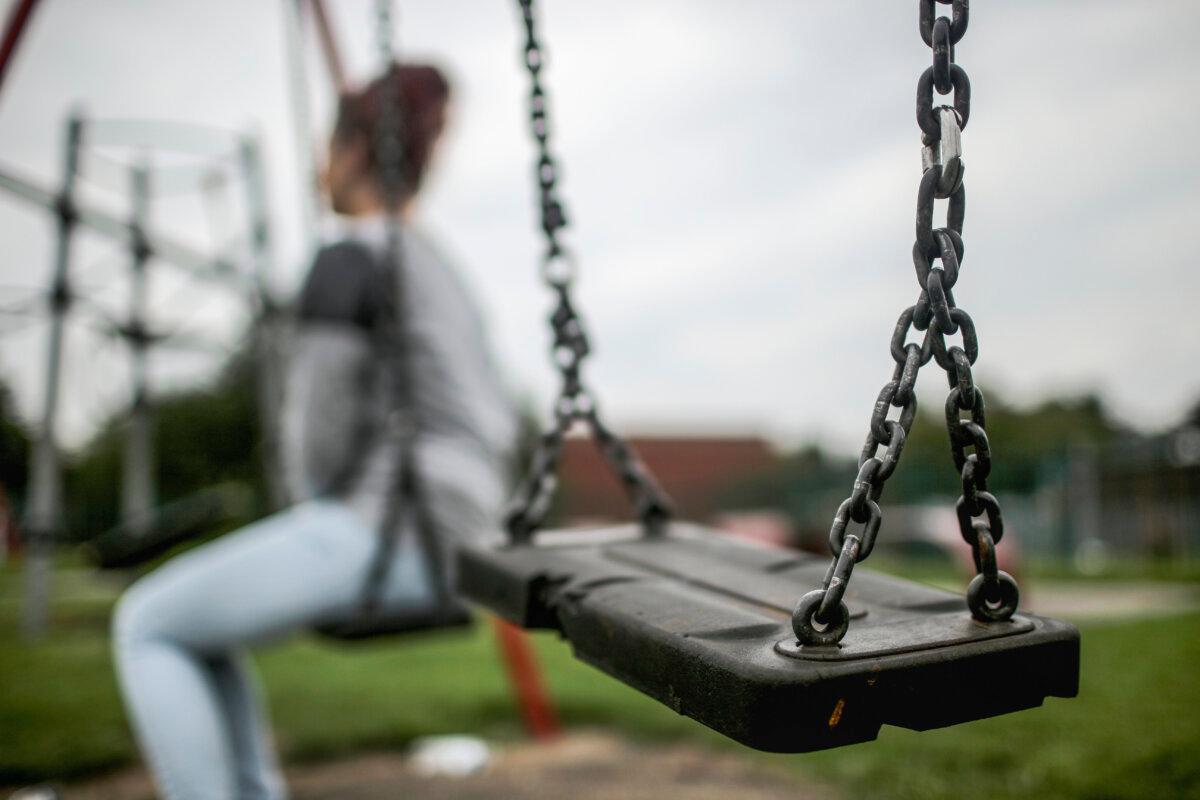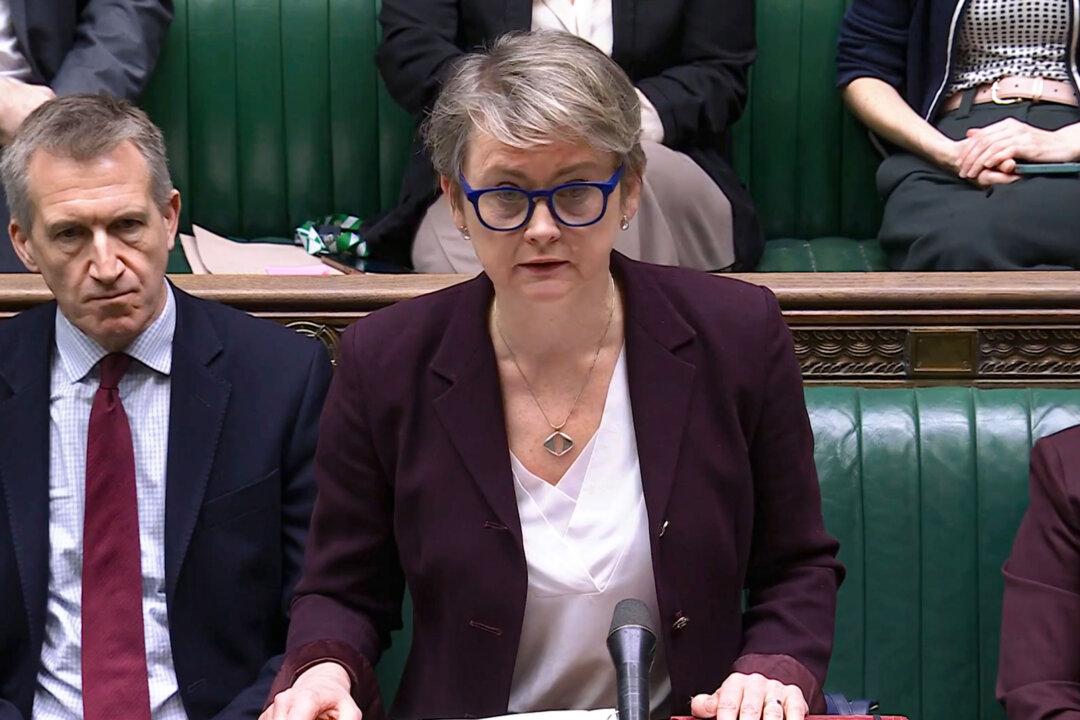Children as young as 10, often in care and with disabilities, have been exploited by sexual grooming gangs where suspects were often “disproportionately likely” to be Asian men, a review has found.
Speaking in the Commons on Monday, the home secretary said, “Children as young as 10 plied with drugs and alcohol, brutally raped by gangs of men and disgracefully let down again and again by the authorities who were meant to protect them and keep them safe.”
Casey was tasked with conducting the first national audit of ethnicity in grooming cases.
She found “clear evidence” of overrepresentation among suspects of Asian and Pakistani heritage in three police force areas—Greater Manchester, West Yorkshire, and South Yorkshire—and in serious case reviews.
National Inquiry Announced Amid Political Pressure
The findings prompted Prime Minister Sir Keir Starmer to announce a new national statutory inquiry into grooming gangs, reversing the government’s previous stance that further inquiries would offer little new insight.
Conservative leader Kemi Badenoch, who had called for a national inquiry back in January, criticised the government for the delay and called for a “clear time line.”
“The victims cannot wait another decade for justice. We should be able to do this in two years,” she said.
Grooming Tactics and Policing Gaps
Casey’s report outlined how grooming often begins with vulnerable adolescents being passed between gang members for sex, using alcohol, drugs, and gifts to make children compliant.The probe also found that the grooming process is now increasingly likely to begin online, with activity shifting from parks to vape shops and hotels with anonymous check-in facilities.
“The audit quotes one police expert, saying, if Rotherham were to happen again today it would start online,” Cooper said.

MPs were also told that too many grooming cases had been dropped or downgraded from rape charges because some 13- to 15-year-olds were wrongly perceived to have “consented” or been “in love” with their abusers.
Cooper pledged to change the law to ensure that adults who engage in penetrative sex with a child under 16 face the most serious charge of rape and protect consensual teen relationships
Flawed Ethnicity Data
The report criticised the lack of reliable data around group-based child sexual exploitation, particularly in relation to ethnicity and offender motivation.It said that despite numerous reviews and inquiries raising concerns about men from Asian or Pakistani backgrounds targeting young white girls, official systems have repeatedly failed to collect accurate, consistent data.
“More effort is required to identify the nature of group-based child sexual exploitation and, in particular, the ethnicity of perpetrators and offender motivations, in order to understand it better, and to tackle it more effectively,” the audit said.
Instead, flawed or incomplete data have often been used to dismiss claims about so-called “Asian grooming gangs” as sensationalised or untrue, which Casey warned does a disservice both to victims and to law-abiding members of Asian communities.
Criminal Investigation and Asylum Rejections
Cooper announced a new national criminal investigation into grooming gangs, which she said will be overseen by the National Crime Agency.She also told MPs that any asylum seekers who are found guilty of grooming children or committing sexual offences will have their applications rejected.
“We will do everything in our power to remove them. I do not believe the law is strong enough that we have inherited, so we are bringing forward a change to the law so that anyone convicted of sexual offences is excluded from the asylum system and denied refugee status,” Cooper said.
The announcement follows the conviction of seven members of an Asian grooming gang last week for sexual exploitation of two white teenage schoolgirls in Rochdale between 2001 and 2006.
“The perpetrators included taxi drivers and market traders of Pakistani heritage, and it has taken 20 years to bring them to justice,” Cooper said.
While local authorities are required to issue taxi licences in accordance with statutory government guidance, some councils—particularly in areas with known exploitation risks—have implemented stricter local protections.
However, the report warned that these efforts are being undermined by a legal loophole: drivers can apply for a licence in one part of the country but operate in another, bypassing stricter local rules. This inconsistency, Casey said, exposes children to unnecessary risk.
Cooper pledged swift action and told MPs the government will “work at pace to close loopholes in the law on taxi licensing.”







